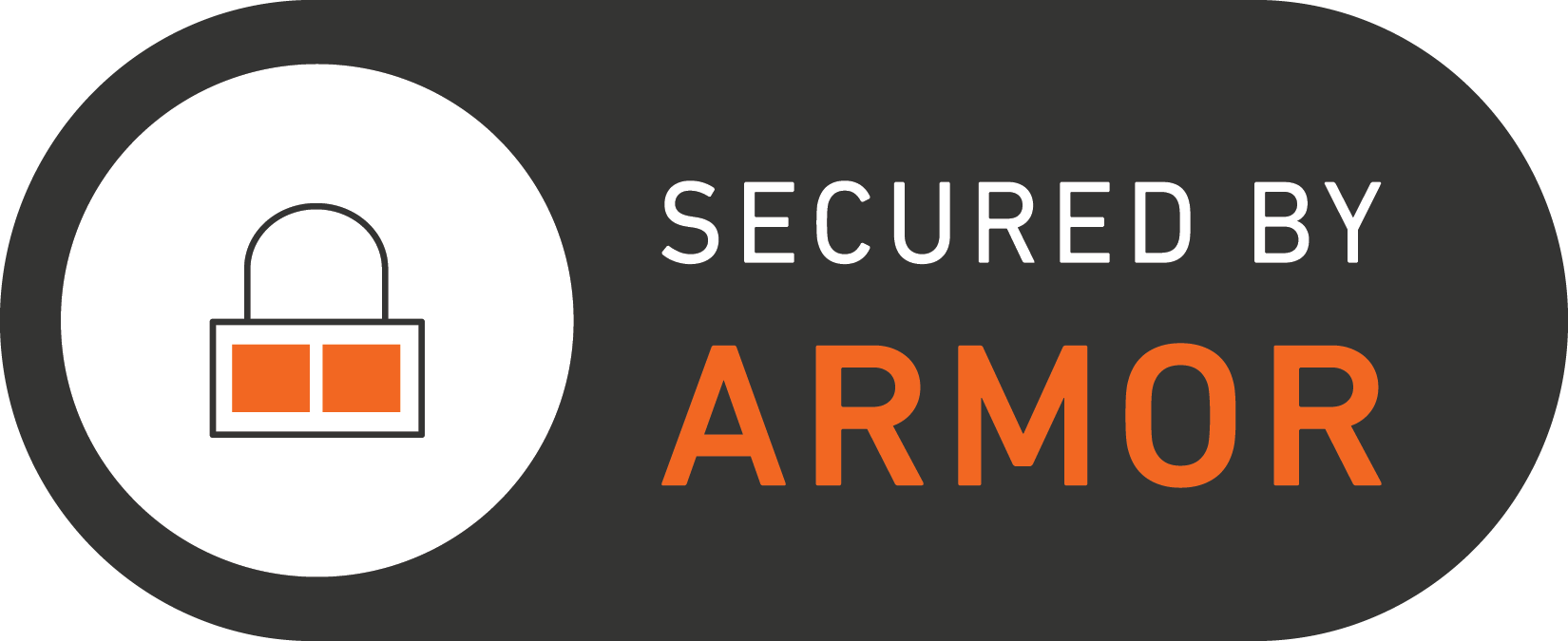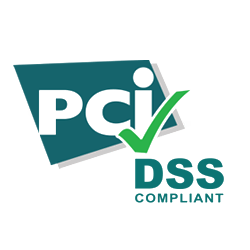What Companies Leverage Recurring Payments?
A plethora of businesses and organisations harness the power of recurring payments to streamline their revenue collection from clients, customers, and service users. Jump on board and experience the ease of recurring payments.
 Memberships
Memberships
From fitness clubs to online content libraries, sports teams to social groups, many entities leverage the efficiency of recurring payments for annual or monthly membership fees. Offering exclusive perks and fostering a sense of inclusivity, memberships typically employ fixed recurring payment agreements. Ride the wave of efficiency with us!
 Service Providers
Service Providers
From digital marketing agencies and SaaS providers to insurance companies and commercial cleaning suppliers, businesses of all kinds harness recurring payments to cover bills and secure a steady revenue stream. Typically, under fixed term contracts or retainers, recurring payments offer a secure, reliable solution for businesses. Get ready to join the revolution!
 Subscriptions
Subscriptions
Online platforms are harnessing the power of recurring payments to fuel their subscription models. From media content like TV shows and music, to monthly bundles of craft beers or shaving products, enjoy repeat business with no extra cost beyond the subscription payment. Typically, this magic happens through fixed recurring payments. Get onboard with us
 Local Government & Utilities
Local Government & Utilities
From Council Tax and TV License payments to utilities like water, gas, electricity, and broadband, recurring payments are ubiquitous. Whether fixed or variable, they offer a streamlined approach to managing regular expenses. Get ready to embrace simplicity and efficiency.
Did you know?
At the end of 2020, there were £23.4bn
of late or overdue payments in the UK



















